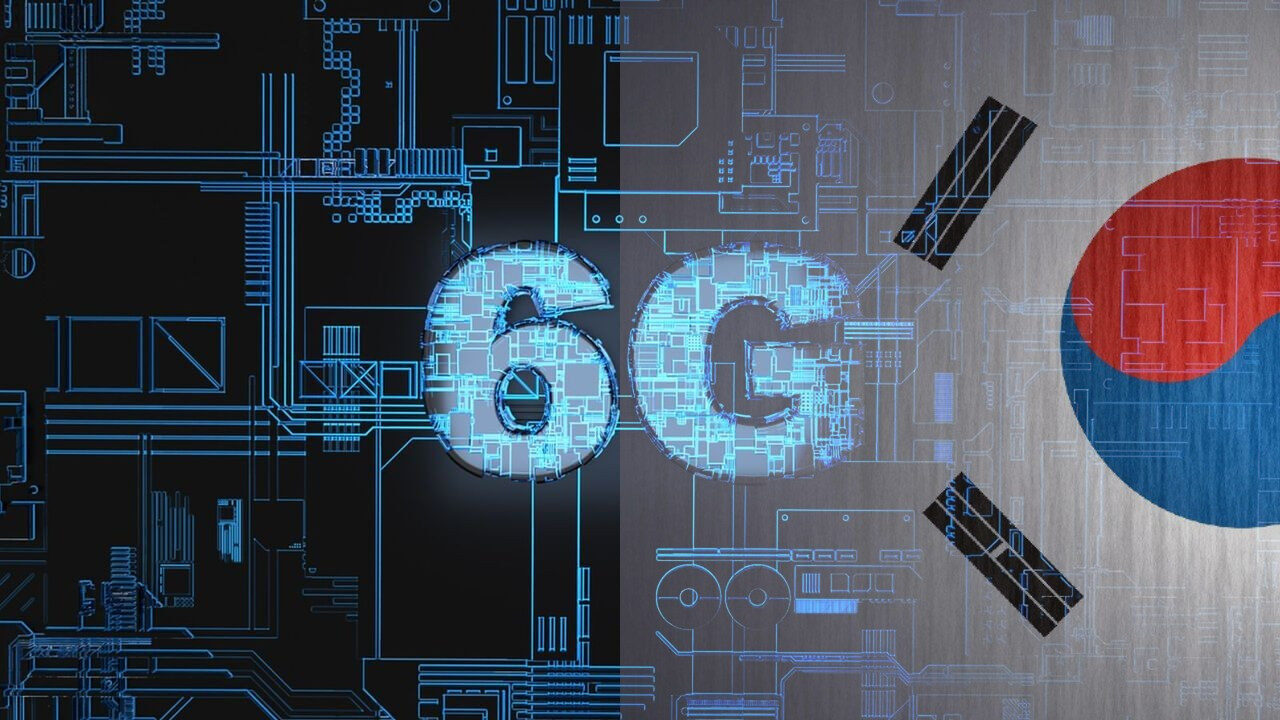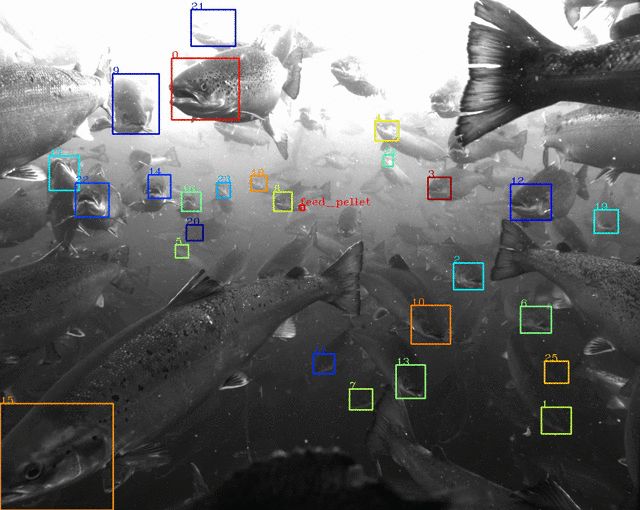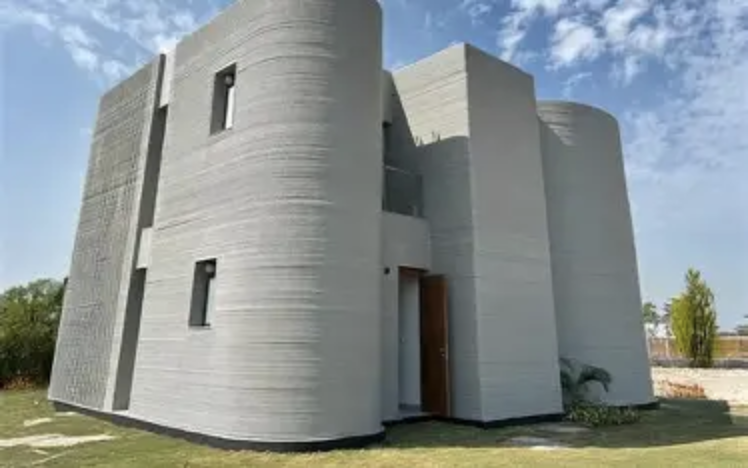Future Archaeology: Excavating Tomorrow’s Civilization
Future archaeology is not focused on excavating past events—it involves shaping the current time as the “historical narrative” for the world of the future. For affluent individuals who influence cultural norms and heritage, this entails deliberately creating objects, narratives, and frameworks that will narrate our time to subsequent generations. It represents a combination of safeguarding and creativity, where what is considered luxury today transforms into a cultural gem of tomorrow, and each decision contributes to the construction of something lasting.
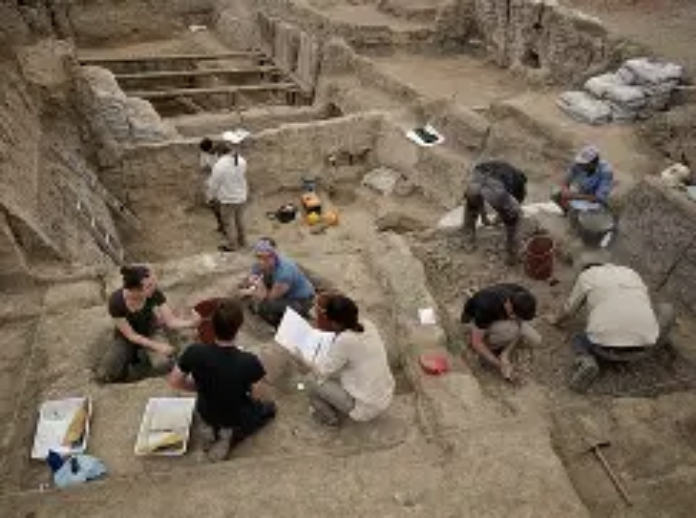
Digital Time Capsules of Legacy
Affluent families are constructing “digital time capsules” that extend beyond mere photographs and letters. Through the application of blockchain technology and holography, they encapsulate not only memories but also experiences: a three-dimensional representation of a family home accompanied by recordings of holiday customs, or a specially chosen collection of personal narratives combined with artificial intelligence that provides context for the 21st century. These capsules are kept in environmentally-controlled, quantum-secure storage facilities, set to be opened on designated future occasions. For those who build legacies, this represents more than just conservation—it’s about ensuring their narratives are shared with the depth and detail they warrant.

Non-physical traditions such as cooking methods, folk tunes, or handcrafted skills are being “encoded” into digital records. Artificial intelligence tracks the gestures of a skilled tailor or the vocal nuances of a folk singer, producing interactive lessons that descendants can learn from. Luxury brands are sponsoring these initiatives, transforming cultural expressions into downloadable and preservable information. For culture enthusiasts, this signifies the protection of traditions that may otherwise disappear, making sure that future generations can still appreciate the richness of today’s cultural variety.
AI Ethics Frameworks for Future Generations
Philanthropists and technology innovators are creating “AI ethics frameworks” etched on long-lasting materials like titanium that outline the principles of our time regarding AI advancement. These frameworks encompass values such as transparency, individual autonomy, and fairness, accompanied by real-world instances of ethical AI applications. They are displayed in global cultural centers—museums, educational institutions, and private organizations—where future academics can discuss how well we adhered to our principles. For forward-thinkers, this effort aims to establish a moral guide for the future, ensuring our technological heritage reflects a sense of duty.
Plans for a Virtual Civilization
Creators are producing intricate digital replicas of urban environments from the 21st century, capturing social structures and economic systems. These “plans” trace how communities lived, worked, and interacted—from the emergence of remote working arrangements to the rise of eco-friendly transportation options. Wealthy investors are backing these initiatives, realizing their future significance for archaeologists examining urban development. It provides a means to capture a fleeting moment in history, enabling future societies to traverse our cities and comprehend our lifestyles.
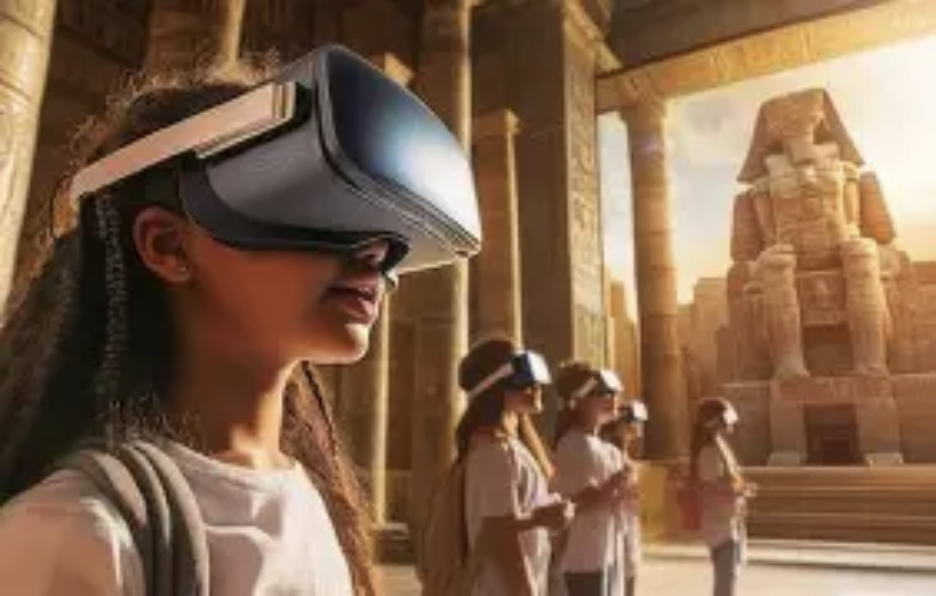
The concept of future archaeology conveys a sense of hope: the belief that our time possesses valuable aspects worthy of preservation, along with proactive measures to ensure it is well safeguarded. For wealthy individuals, it extends beyond merely amassing riches—it involves becoming the architects of how future generations will perceive our current realities. In this endeavor, luxury isn’t solely for the present; it is intended to endure through time.
(Writer:Matti)
